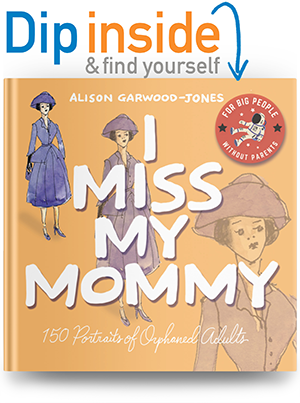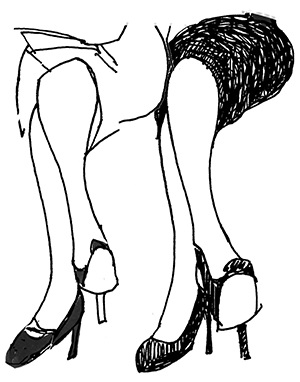The push is on
March 16, 2014
When Anne-Marie Slaughter stepped away from a possible promotion at the U.S. State Department in 2010 — “my moment to lean in” — she unwittingly became the voice for a generation of women who were reassessing the feminist narrative they had grown up with and always championed: the one that said women can do and have it all.
At the time, Slaughter chose to put her family’s needs over her career advancement. But the lead-up to that decision was so fraught, she later realized, because of the way she and so many of us have been socialized to champion work over family. We don’t typically challenge why men’s work — and women who perform typically men’s work — is advantaged over caregiving responsibilities, she said in a TED talk last summer (see below). “But in the workplace, real equality means valuing family just as much as work, and understanding the two reinforce each other. As a leader and as a manager, I have always acted on the mantra, when family comes first, work does not come second — life comes together.
If Sheryl Sandberg’s message to “Lean In” was a cheerleading push to get women to believe in their talents and negotiating powers, Slaughter’s TED Talk, while it didn’t disagree with Sandberg, finally broached the issue society’s been avoiding for decades: It’s time to enlist men in this balancing act women have been shouldering alone. Why? Because half the population is starting to crumble under its weight. (Happy wife, happy life … all true) In Slaughter’s words, “Changing our workplaces and building infrastructures of care would make a big difference, but we’re not going to get equally valued choices unless we change our culture, and the kind of cultural change required means re-socializing men.” (Applause). It gets better:
“Increasingly in developed countries, women are socialized to believe that our place is no longer only in the home, but men are actually still where they always were. Men are still socialized to believe that they have to be breadwinners, that to derive their self-worth from how high they can climb over other men on a career ladder. The feminist revolution still has a long way to go. It’s certainly not complete. But 60 years after “The Feminine Mystique” was published, many women actually have more choices than men do. We can decide to be a breadwinner, a caregiver, or any combination of the two. When a man, on the other hand, decides to be a caregiver, he puts his manhood on the line. His friends may praise his decision, but underneath, they’re scratching their heads. Isn’t the measure of a man his willingness to compete with other men for power and prestige? And as many women hold that view as men do. We know that lots of women still judge the attractiveness of a man based in large part on how successful he is in his career. A woman can drop out of the work force and still be an attractive partner. For a man, that’s a risky proposition. So as parents and partners, we should be socializing our sons and our husbands to be whatever they want to be, either caregivers or breadwinners. We should be socializing them to make caregiving cool for guys.” (Applause)
But Sandberg gets it. Her current initiative with Getty Images to rid stock photography of sexist stereotypes is one of many things we need to do to recalibrate our cultural expectations and pull men into the household fold. So no more pics of harried working moms balancing briefcases and squawking babies, no workplace bitch slaps staged for the camera, or career women stabbing prostrate men with their stilettos. How about more pics of women looking natural in the workplace and men looking natural being caregivers to their children? Oprah’s favourite mantra, “you gotta see it to be it” — she uses it most often to encourage girls to be astronauts and anchors — applies equally to men. Sandberg knows the power of visuals is undeniable in setting cultural tones around the world. So is, I might add, the power of magazine cover lines. You NEVER see any that ask, “How does he do it all?” Answer: he’s doesn’t.
Slaughter, with her government background and connections, seems poised to lead the charge in changing how we view and deal with what he’s not doing. And she’s embracing it with grace, a steady and searching intelligence and a sense of investment that comes from working through these really tough issues with her own family.
But I don’t want to give away her thunder. Ladies and gents, please welcome to the TED stage Anne-Marie Slaughter:



























Leave a Reply